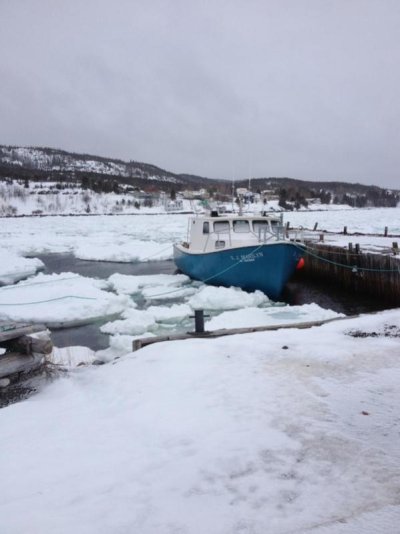Dougcole
Guru
Any body tried running a small residential chest type freezer on board? Our new boat has a perfect spot under the companionway stairs and we need more freezer space for long cruises.
I've been looking at portable fridge/freezer units from waeco and engel, but they are pricey for the size. Best thing about them is the ability to be ac/dc. I don't think they are really marinized.
Do you think I could run about a 5 cu ft chest freezer off of a small inverter?
Thx.
Doug
I've been looking at portable fridge/freezer units from waeco and engel, but they are pricey for the size. Best thing about them is the ability to be ac/dc. I don't think they are really marinized.
Do you think I could run about a 5 cu ft chest freezer off of a small inverter?
Thx.
Doug

